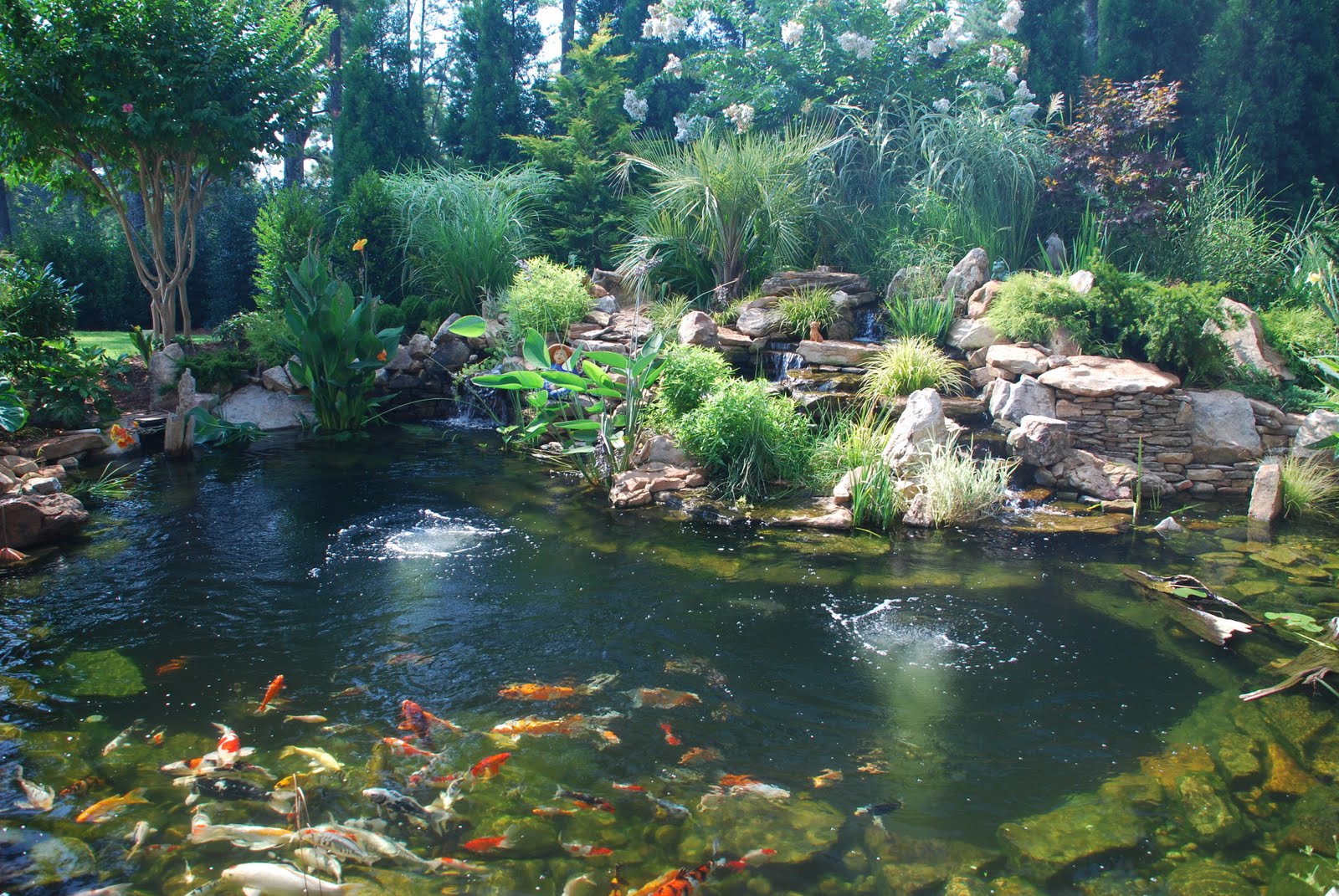
10 Things to Consider When Choosing a Large Filter for Your Koi Pond
Introduction
Koi ponds are becoming increasingly popular with homeowners who want to create a tranquil and beautiful environment in their backyard. However, maintaining a koi pond is no small task. One of the most important components of a healthy and sustainable koi pond is a high-quality and reliable filter system. In this article, we will discuss 10 things to consider when choosing a large filter for your koi pond. We’ll cover everything from the size of your pond to the type of filtration you need. So, let’s get started!
1. Size of Your Koi Pond
The size of your koi pond is a crucial factor when choosing a filter. The larger your pond, the larger the filter you will need. A filter that is too small for your pond will not be able to handle the waste produced by your koi. As a result, water quality will suffer, and your koi may become sick or even die. Therefore, it is vital to choose a filter that is rated for the size of your pond.
2. Type of Filtration
There are three types of filtration to consider: mechanical, biological, and chemical. Mechanical filtration removes visible debris and waste from the water. Biological filtration uses beneficial bacteria to break down harmful toxins in the water. Chemical filtration uses special media to remove impurities from the water. Depending on your pond’s needs, you may need all three types of filtration, or just one or two.
3. Flow Rate
The flow rate of your filter is another critical factor. The flow rate is the amount of water that passes through the filter each hour. A filter with a high flow rate is better for larger ponds, as more water needs to be filtered. However, a filter with too high a flow rate can be harmful to your koi and may cause stress or injury. A flow rate that is too low will not provide adequate filtration. Therefore, it is essential to choose a filter with a flow rate appropriate for your pond size and koi population.
4. Pump Compatibility
Your filter and pump need to be compatible. You will need a pump that is strong enough to generate the required flow rate for your filter. However, you should also consider the size of your pump. A large pump may cause turbulence, which can harm your koi. Therefore, it is essential to choose a pump that is compatible with your filter and appropriate for your pond size and koi population.
5. Ease of Maintenance
Regular maintenance is necessary to keep your koi pond and filter system functioning correctly. Therefore, you should choose a filter that is easy to clean and maintain. Look for a filter with removable trays or baskets that can be easily cleaned or replaced. Consider the location of the filter, too. A filter that is hard to access will make maintenance more challenging and time-consuming.
6. Energy Efficiency
An energy-efficient filter can save you money on your electricity bills and reduce your carbon footprint. Look for a filter with a high energy-efficiency rating. Consider the wattage of the pump, too. A lower wattage pump will consume less electricity and save you money in the long run.
7. Durability and Longevity
You do not want to replace your koi pond filter every few years. Therefore, it is essential to choose a filter that is durable and long-lasting. Look for a filter with a high-quality build and materials that can withstand the elements. Consider the warranty and the customer reviews, too. A filter with a long warranty and positive customer reviews is likely to be durable and reliable.
8. Budget
Your budget is an important consideration when choosing a koi pond filter. Filtration systems come in various price ranges, from budget-friendly to high-end. It would be best to decide how much you are willing to spend on a filter before making a purchase. Keep in mind that a high-quality and reliable filter may cost more but will save you money in the long run by providing better water quality and reducing the need for costly maintenance repairs.
9. Brand Reputation
A reputable brand is more likely to offer high-quality and reliable products. Look for a brand with a good reputation and positive customer reviews. Consider the warranty, too. A brand that offers a long warranty is likely to stand behind its products and provide excellent customer service.
10. Professional Advice
Finally, it may be helpful to consult with a professional. A pond maintenance professional can assess your pond’s needs and recommend a filter system that meets your specific requirements. They can also provide advice on maintenance and repairs, which can save you time and money in the long run.
Conclusion
Choosing a large filter for your koi pond is a crucial decision that will impact your pond’s health and sustainability. When selecting a filter, consider the size of your pond, the type of filtration you need, the flow rate, and the pump compatibility. Choose a filter that is easy to maintain, energy-efficient, durable, and fits within your budget. Consult with a professional if necessary and choose a reputable brand with positive customer reviews and a long warranty. By following these guidelines, you can find a filter that provides high water quality and ensures the health and longevity of your koi.






